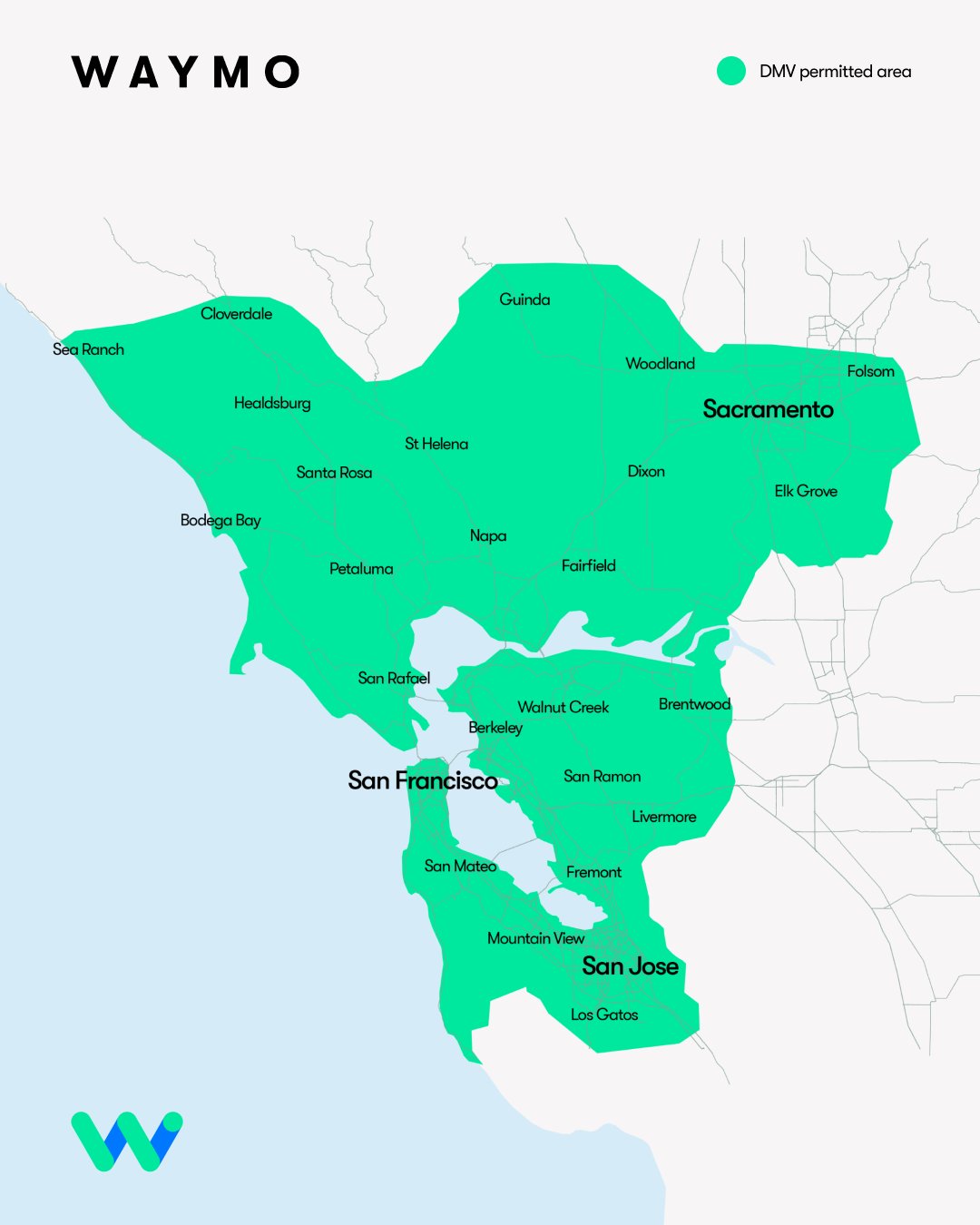Sign up for daily news updates from CleanTechnica on email. Or follow us on Google News!
First, according to Wikipedia, a black swan event is a high-impact event that is difficult to predict under normal circumstances but in retrospect appears to have been inevitable, or an event that comes as a surprise, has a major impact, and is often rationalized with the benefit of hindsight as having been unavoidable.
Now, to the British Columbia (BC) carbon tax, and its history and BC politics. The BC Liberals, a centre-right party that was in power in BC from 2001 to 2017, introduced North America’s first carbon tax in 2008. In 2009, we had a provincial election, and the New Democratic Party, NDP, a centre-left party, ran on a slogan “Axe the Tax,” but the Liberals retained power.
After the 2017 election, the Liberals dropped to 43 sears and the NDP had 41, but with the Green Party of BC, or BC Greens, a more people and environmental party, adding their 3 seats, the NDP was able to form government. In late 2020, the NDP called an early election and won a majority.
Now, we have the upcoming 2024 election on October 19. We have the BC Liberals, renamed as BC United (a flop), the NDP, Greens, and others, with no seats.
On August 18, 2022, BC Liberal member Jon Rustad, elected as a member in 2005, was kicked out of their caucus by leader Kevin Falcon due to questioning the science of climate change. In February 2023, the BC Liberals changed their name to BC United. On February 16, 2023, John Rustad crossed the floor and became a member of the BC Conservatives, who had been without a seat — ever — and became the leader of the BC Conservatives on March, 31, 2023. A sitting BC United member crossed the floor to the BC Conservatives on September 23, 2023, with others soon following. BC United suspended their campaign on August 28, 2024, and urged it members to vote for the BC Conservatives.
But in BC, a political party has to run at least one or now two candidates to stay “valid” — even if those candidates get only one vote each, the party is still active. As of 2024, BC has 14 political parties, including one with the name “Party of Citizens” — full name, “Party of Citizens Who Have Decided To Think For Ourselves & Be Our Own Politicians.” More info about BC politics, on the positive side: From 1871 to 1903, all premiers were non-partisan. After 1903, the governments switched back and fourth, between Conservatives, Liberals, Social Credit, NDP — all majority governments except in 1952 and 2017. But as for independents, BC has a long history. Provincially, the first one elected was Mary Ellen Smith in 1918. Yes, in 1918! The last one was Vicki Huntington, elected in 2009 and re-elected in 2013.
Federally, we had Chuck Cadman, a past conservative member, but re-elected as an independent in 2004. And of course Jody Wilson-Raybold, a past Liberal member and Attorney General for Canada, re-elected as independent in 2019. A number if former BC Liberals/BC United members are currently running as independents or unattached. If a few get elected, that could mean one or more independents or unattached could hold the balance of power. That has never happened before in BC. Would that be a black swan event?
Now, let’s get to our carbon tax, a pollution fee that was introduced by a somewhat conservative government, the BC Liberals, under their leader Gordon Campbell in 2008. The tax started at only $10 per ton of CO2 emitted and increased by $5 per ton each year until it reached $30 per ton in 2012. It stayed at that rate until 2017 and then increased again, by $5 per ton/year until 2022. In 2022, the rate increased to $15/ton/year, and is currently at $ 85/ton since April. It had been revenue neutral until 2017, meaning every increase was offset by rebates to consumers or tax reductions. But when the NDP came to power in 2017, they changed that, and last year the tax produced revenue of over $2.5 billion but only about one billion was rebated, leaving every person of the just over five million people in BC with $ 300 less, or for every working, taxpaying person, about half of the population, with $600 less. The tax did not harm the economy and reduced emissions, according to a number of studies.
Now why would I consider some of these things a potential black swan event?
Well, first of all, the NDP changed the law and removed the revenue neutrality in 2017, their first year in office. Then, we had the actions by Mr. Falcon regarding Mr. Rustad, removing him from caucus, due to his climate denier stance. Mr. Falcon would have never thought in his wildest dreams, or nightmares, that about two years later, his party, the former BC Liberals, now BC United, would remove themselves from the current election cycle due to the rise of BC Conservatives in the polls. But a lot of those polls have to do with the rising cost of living, and partly to blame are the 29 new and increases in taxes under the NDP government. Also, there have been the rising interest rates, even though they are slightly dropping now.
My personal fear is a political environment that is similar to what happened in Europe in the 1930s, and that maybe happening again in some places.
All of that said, I think that some of the potential blame may lay with the voters when they just listen to slogans but do not care about facts. Or, in another way, human nature — wanting to lay blame on something, somebody else, instead of looking in the mirror and asking, “What can I do to change things!”
Martin Holzbauer,
Thornhill, BC, Canada
Full disclosure: I was part of the executives of the Land, Air, Water or LAW Party that ran one candidate in 2017. Also, I ran as an independent in 2020.
Featured photo by Keelan Clemens

Have a tip for CleanTechnica? Want to advertise? Want to suggest a guest for our CleanTech Talk podcast? Contact us here.
Latest CleanTechnica.TV Videos
CleanTechnica uses affiliate links. See our policy here.
CleanTechnica’s Comment Policy





